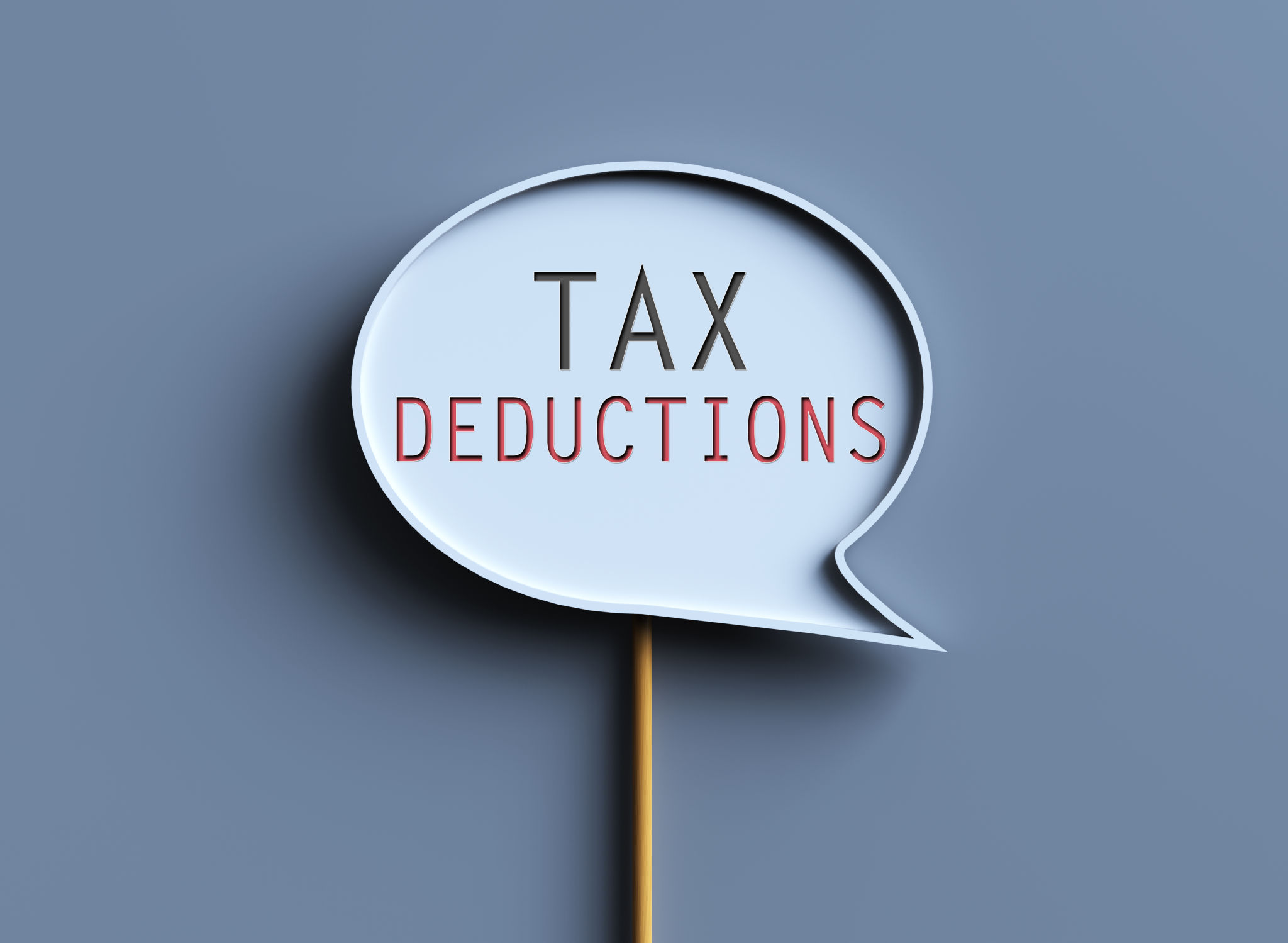How to Prepare Your Taxes for Maximum Refund
Understanding Your Tax Situation
Preparing your taxes can seem daunting, but understanding your tax situation is the first step towards maximizing your refund. It's important to know which tax bracket you fall into, as this will determine the percentage of your income that goes towards federal taxes. Also, be aware of any state taxes that may apply. Knowing these basics can help you strategically plan for deductions and credits.

Organize Your Financial Documents
One of the most crucial steps in preparing your taxes is gathering all necessary financial documents. This includes W-2s from employers, 1099 forms for additional income, and receipts for any deductible expenses. Having these documents organized and readily available will streamline the filing process and ensure you don't miss any potential deductions.
Consider using digital tools or apps to keep your documents organized. Scanning and saving them in a secure online folder can make retrieval easy when it's time to file. Remember, keeping your paperwork in order is not just a one-time task, but an ongoing process throughout the year.
Maximize Deductions and Credits
To get the most out of your tax refund, take advantage of all available deductions and credits. Common deductions include mortgage interest, student loan interest, and medical expenses. Additionally, tax credits such as the Earned Income Tax Credit (EITC) and Child Tax Credit can significantly reduce your tax liability.

It's essential to stay informed about any changes in tax laws that might affect your eligibility for these deductions and credits. Consulting with a tax professional or utilizing reliable tax software can help identify opportunities you might have overlooked.
Consider Retirement Contributions
Contributing to a retirement account can be a smart way to reduce your taxable income while planning for your future. Contributions to traditional IRAs and 401(k) plans are often tax-deductible, which can lower your taxable income for the current year. This strategy not only boosts your retirement savings but also maximizes your potential refund.
File Your Taxes Early
Filing your taxes early has several benefits, including receiving your refund sooner and reducing the risk of identity theft. By submitting your return early, you can avoid the last-minute rush and have more time to address any issues that might arise. Additionally, if you owe money, you'll have more time to make a payment plan.

Utilize Professional Help
If your tax situation is complex, it might be wise to seek professional help. Tax professionals are equipped with up-to-date knowledge on tax laws and can provide personalized advice to maximize your refund. While this service might come at a cost, the potential increase in your refund could outweigh the expense.
Remember, taking the time to prepare your taxes thoroughly can lead to a higher refund and less stress during tax season. By organizing your documents, understanding available deductions, and possibly enlisting professional help, you're setting yourself up for success.
